德国城市物流与最后一公里配送的案例研究 [CN VERSION]
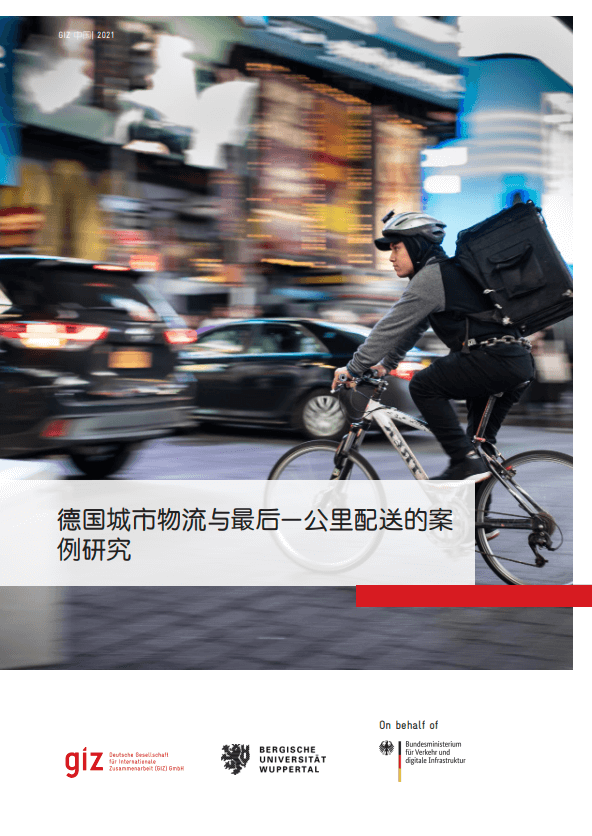
本研究的重点是德国CEP行业的最后一公里的组织、框架条件和结构。合理规划最后一公里配送是社会、政治和规划设定的国家和地方框架条件的产物,也是市场情况和市场中包括竞争者、订约机构和承包商在内的利益相关者共同作用的结果。
Sustainable Strategies for Ports [EN VERSION]

The study “Sustainable Strategies for Ports“ (Topic 3) developed within the scope of the MKS China mobility and fuel strategy was carried out by the Fraunhofer Institute for Material Flow and Logistics IML and the PTV Group in cooperation with the ‘Gesellschaft für Internationale Zusammenarbeit’ (GIZ) in China and the Tianjin Research Institute for Water […]
Nachhaltige Strategien für Häfen [DE VERSION]
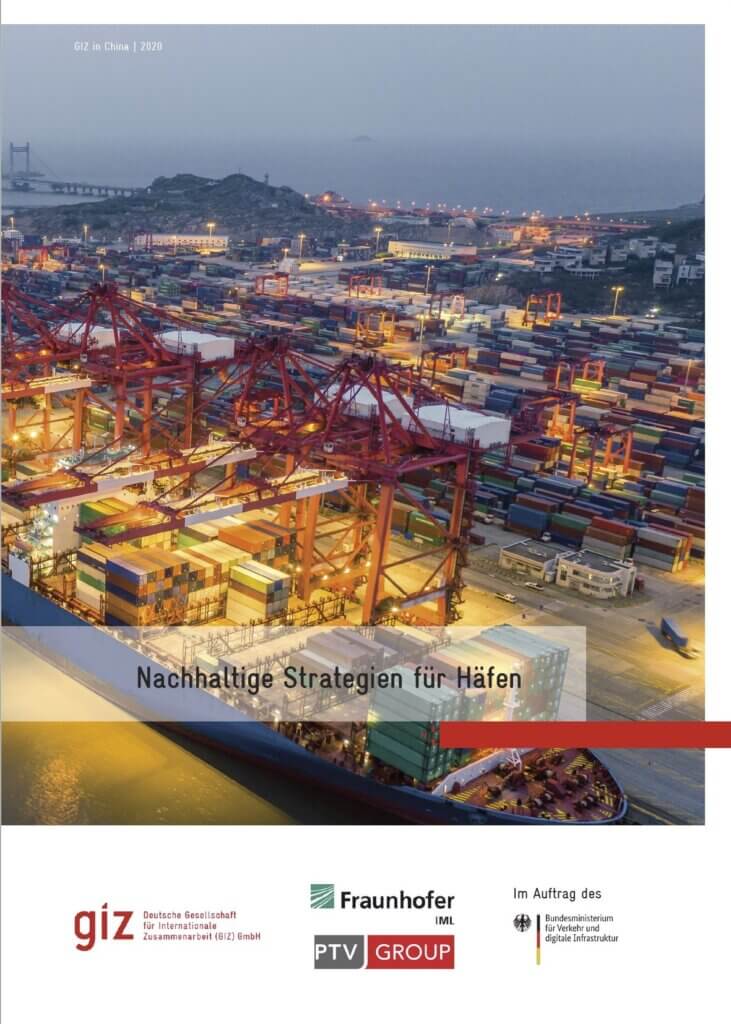
Die Studie „Nachhaltige Strategien für Häfen“ (Thema 3) entstand im Rahmen der Mobilitäts- und Kraftstoffstrategie MKS China und wurde durch das Fraunhofer-Institut für Materialfluss und Logistik IML sowie der Planung Transport Verkehr AG (PTV Group) in Zusammenarbeit mit der Deutschen Gesellschaft für Internationale Zusammenarbeit (GIZ) und dem Tianjin Research Institute for Water Transport Engineering (TIWTE) […]
Analyse und Bewertung von Energieeffizienz in automatisierten Containerterminals [DE Version]
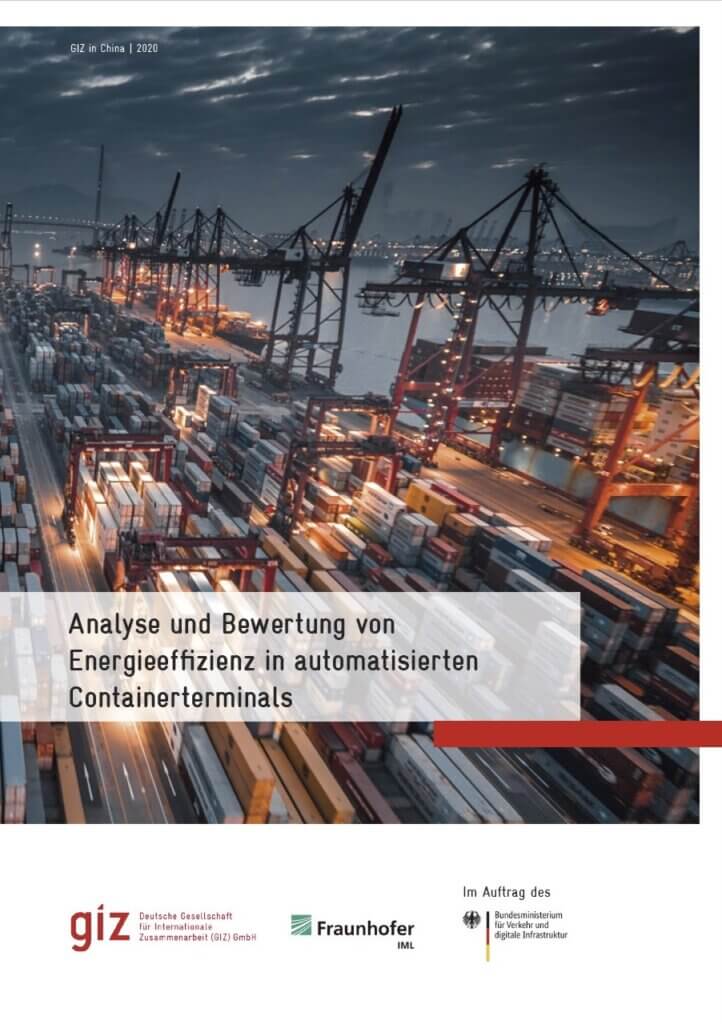
Die Studie „Analyse und Bewertung von Energieeffizienz in automatisierten Containerterminals “(Thema 1) entstand im Rahmen der Mobilitäts- und Kraftstoffstrategie (MKS) China und wurde durch das Fraunhofer-Institut für Materialfluss und Logistik IML in Zusammenarbeit mit der Deutschen Gesellschaft für Internationale Zusammenarbeit (GIZ) und dem Tianjin Research Institute for Water Transport Engineering (TIWTE) durchgeführt. Parallel dazu entstanden […]
Analysis and assessment of energy efficiency in automated container terminals – Example of Tianjin Port [EN Version]
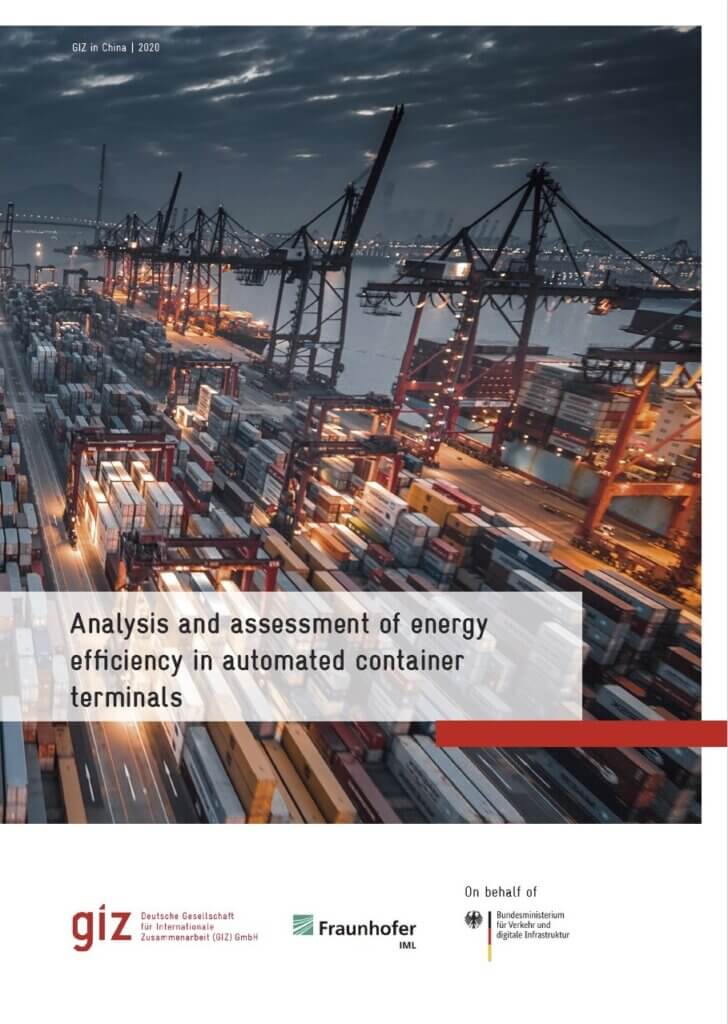
The study “Analysis and evaluation of energy efficiency in automated container terminals“ (Topic 1) rising within the scope of the MKS China mobility and fuel strategy focusing on green ports was developed by the Fraunhofer Institute for Material Flow and Logistics IML in cooperation with the ‘Deutsche Gesellschaft für Internationale Zusammenarbeit’ (GIZ) in China and […]
Analysis of the Chinese Truck Market and Assessment of Future Power Technologies
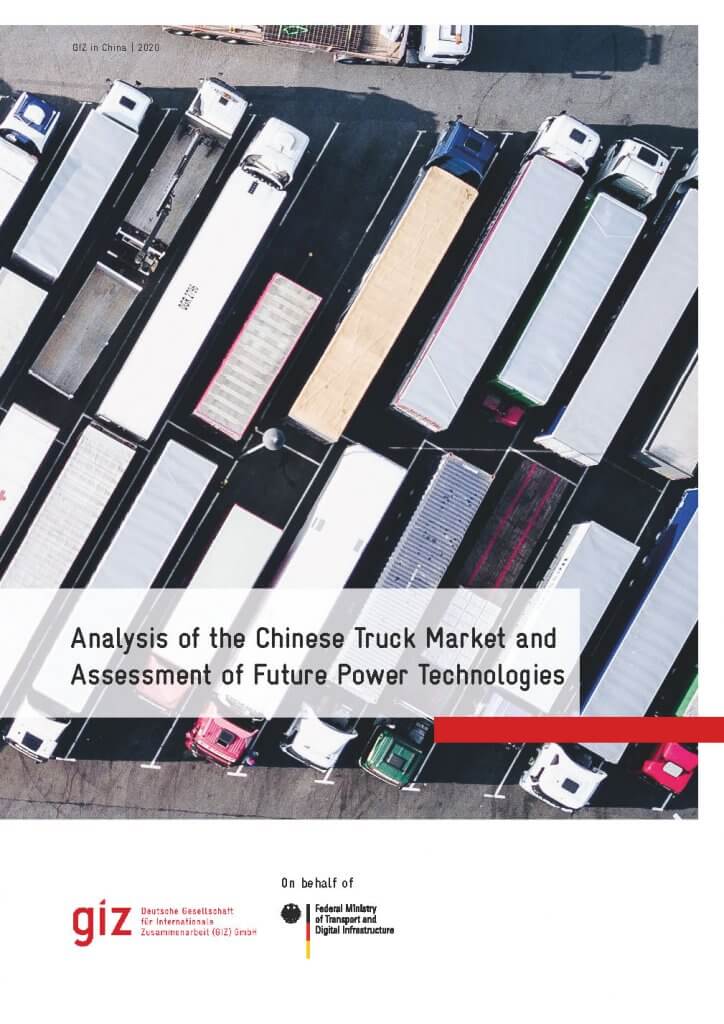
Road transport, which currently accounts for around 75% of the total Chinese transport volume, is the second largest air-polluting sector in China. According to the Chinese Ministry of Ecology and Environment (MEE), trucks in particular are responsible for up to 75% of the particulate emissions in road transportation. In recent years, the Chinese government has […]
Green Ports: Environmental Incentive Policies in Europe
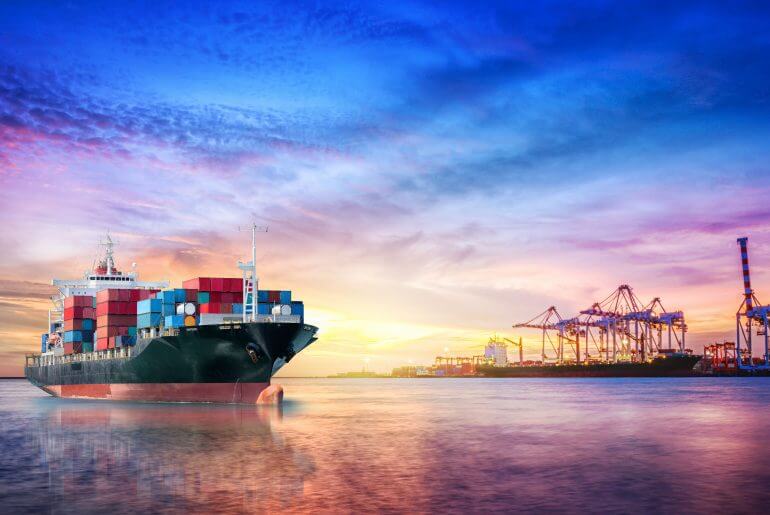
Within the framework of the project “Mobility and Fuels Strategy (MFS) as a Contribution to the Transport Transition in China – Pilot in the Jing-Jin-Ji Region”, Mr. Ralf Fiedler from the Fraunhofer Center for Maritime Logistics and Services (CML) travelled to China from 21 to 24 August 2018. The goal of his visit was to […]
New Publication: Impact Assessment of Vehicle Electrification on Regional Air Quality in China and Climate Impact Assessment of Electric Vehicles 2050
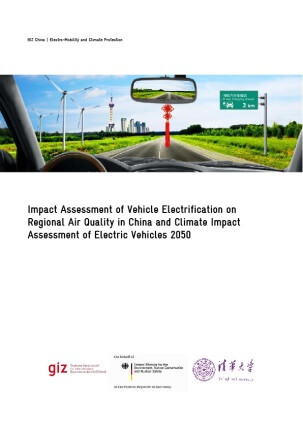
The development of electric vehicles (EVs, plug-in hybrid electric vehicles (PHEVs) and battery electric vehicles (BEVs)) could enhance fuel diversity and utilise renewable energy, which is considered a promising, long-term solution to reduce high dependence on fossil fuels and alleviate climate change impacts from a global perspective. In addition, EV deployment is considered capable of […]
„One Belt & One Road“ – A New Impetus for Intermodal Transport in China
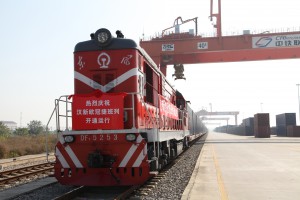
The pressure on policy makers in China to increase the efficiency of freight transport is high. A high dependency of the freight transport sector on imported fuels, major concerns of transport-related air pollution and continuously growing carbon dioxide emissions exacerbate the pressure. Currently, the freight sector is developing towards an unsustainable direction. The modal share […]
Two Green Tyre Assessments: GHG Mitigation Potentials for Truck Tyres in Road Freight Transport in the European Union and China_China
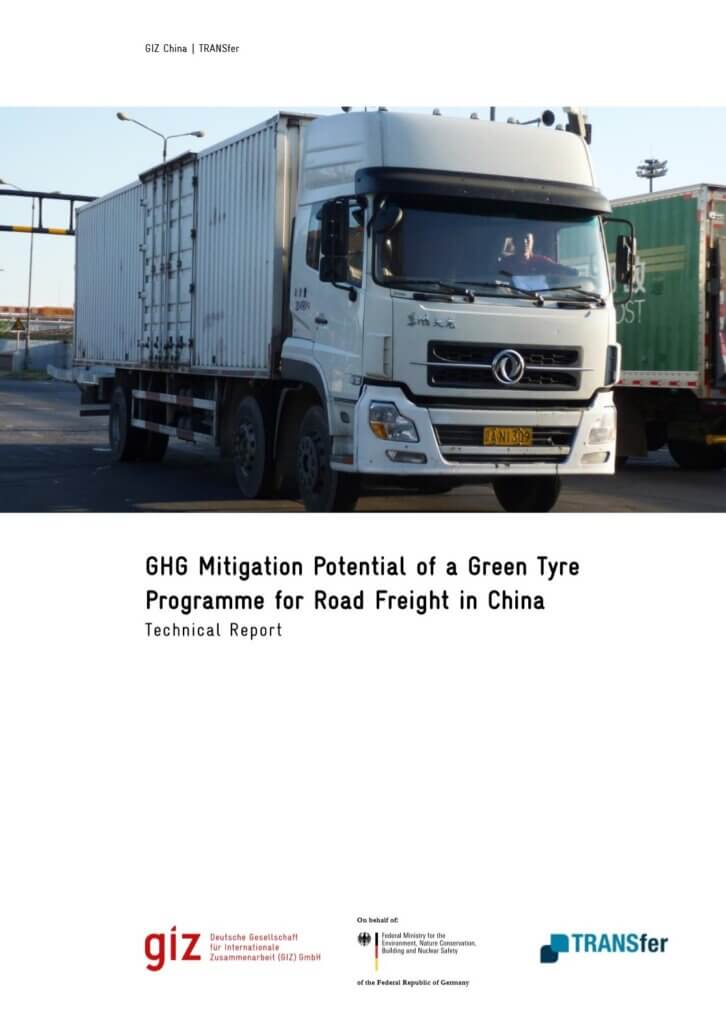
The transport sector is responsible for a great share of energy consumption, which directly correlates with the emission of polluting greenhouse gases (GHG) and therefore indirectly with climate change. Within this scope, road freight transportation accounts for the largest share of total GHG emissions from transport. In Europe, in 2010, transport sector was responsible for 33 […]